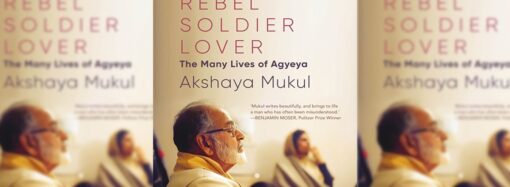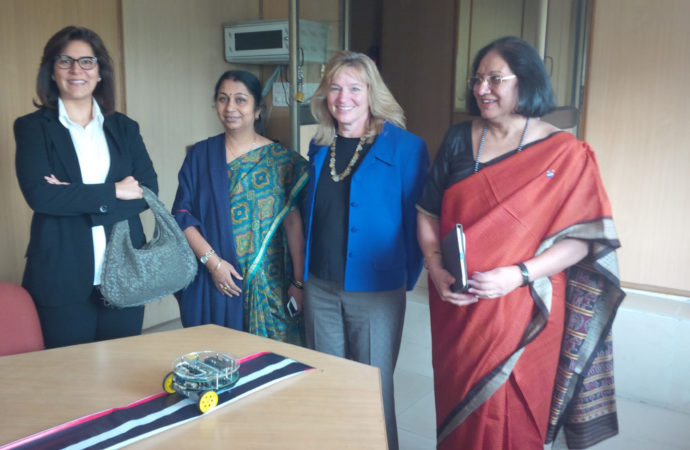Dr. Pratibha Jolly, Principal of Miranda House in conversation with Anupriya Dobhal shares her views on skills a student requires to become employable and philanthropic for society.
Q. How do you think institutes should generate employable graduates to meet industry demands?
Well, the industry has been saying for quite some time now that students are unemployable and they have to be retrained. I come from liberal arts and pure sciences background. They are still hiring our students because these students have very good soft skills. If you have to look at what world is saying and what surveys are saying about what kind of individual will find a job, but I would like to say that those who have capacity to learn in any environment, who are fast learners, and who are open to change are the ones who get the job.
Hence, students of my college are very much in demand for their communication skills, soft skills, capacity to innovate, and creativity. The key skill set is not important but the desire to be a successful person in the workplace that matters. Hence, attitude matters the most. Other skills are trainable. I also feel that colleges have to provide opportunities to the prospective graduates so that they can directly hit the ground and that varies from industry to industry.
What is the role of mainstream educational degrees in the development of leaders of tomorrow?
I won’t say degrees but mainstream education is very important because universities are great levelers or equalizers. So today, coming from a central university I have observed that 80 percent of students are from outside Delhi. So, to get an opportunity to study in an institution such as ours is always empowering for them. When students come, they are bit diffident and have language problems but they are ambitious. Our task and challenge is to meet their expectations and to transform them in three years.
Do you think the students should participate in active politics or should refrain from it?
Politics is everywhere but today it has degraded to a point that we totally have to shun it. If we look at the rhetoric of political speeches, we will find that not all of it is bad. It is also metaphorical and analytical. Political speeches are an important tool to get across to common people and present complex ideas to them in a simpler way.
If we look at the rhetoric of economic development, public health, Bollywood, and children stories, it is in a way inspiring. Let me say that I don’t think we should shun politics; we need to change the paradigm within which politics is carried out. We are the only women college that remains an active part of student politics keeping in mind that responsible leadership is important. A responsible leadership or engaged citizen is what we are working for. Community engagement is a very important part of it in order to understand economic, socio-cultural, and political ecosystem.
What all steps your institute takes to empower your female students more?
We have a strong women development cell along with zero tolerance towards sexual harassment. On the campus, we carry out certain life-skill enhancing courses which we want every student to go through. Among these courses important ones are women in law, entrepreneurship, and consumer research. We also run a club called ‘Tula’ in which we spread human rights awareness. But, above all values and ethics are important for us. So, you have to define life-skills. Once you are able to integrate all these set of values, and contribute through these values to a larger society not confined within the walls of classroom you can assume that you are on the right path.
How do think colleges and institutes should empower the underprivileged women?
By the law of the country, 49 percent seats are reserved for women in higher education for these diverse categories. So, we are in letter and spirit following that. We respect the diversity and we respect the challenges that students who do not have strong economic backgrounds face. Hence, we have designed courses for them such as rich courses and remedial teaching.
In addition to that, we give numerous courses for personality development, language skills, and communication. I can with pride say that the learning curve of such students is very sharp. One of the underpinning reasons behind this is they are ambitious and once you have decided that you have to make good in world, then with a great sense of idealism students from across remote places of the country do wonders.


















Leave a Comment
Your email address will not be published. Required fields are marked with *